Help Trillion Trees restore the Jovel Valley Basin’s unique highland ecosystems, while supporting indigenous communities in cultivating sustainable agroforestry practices.
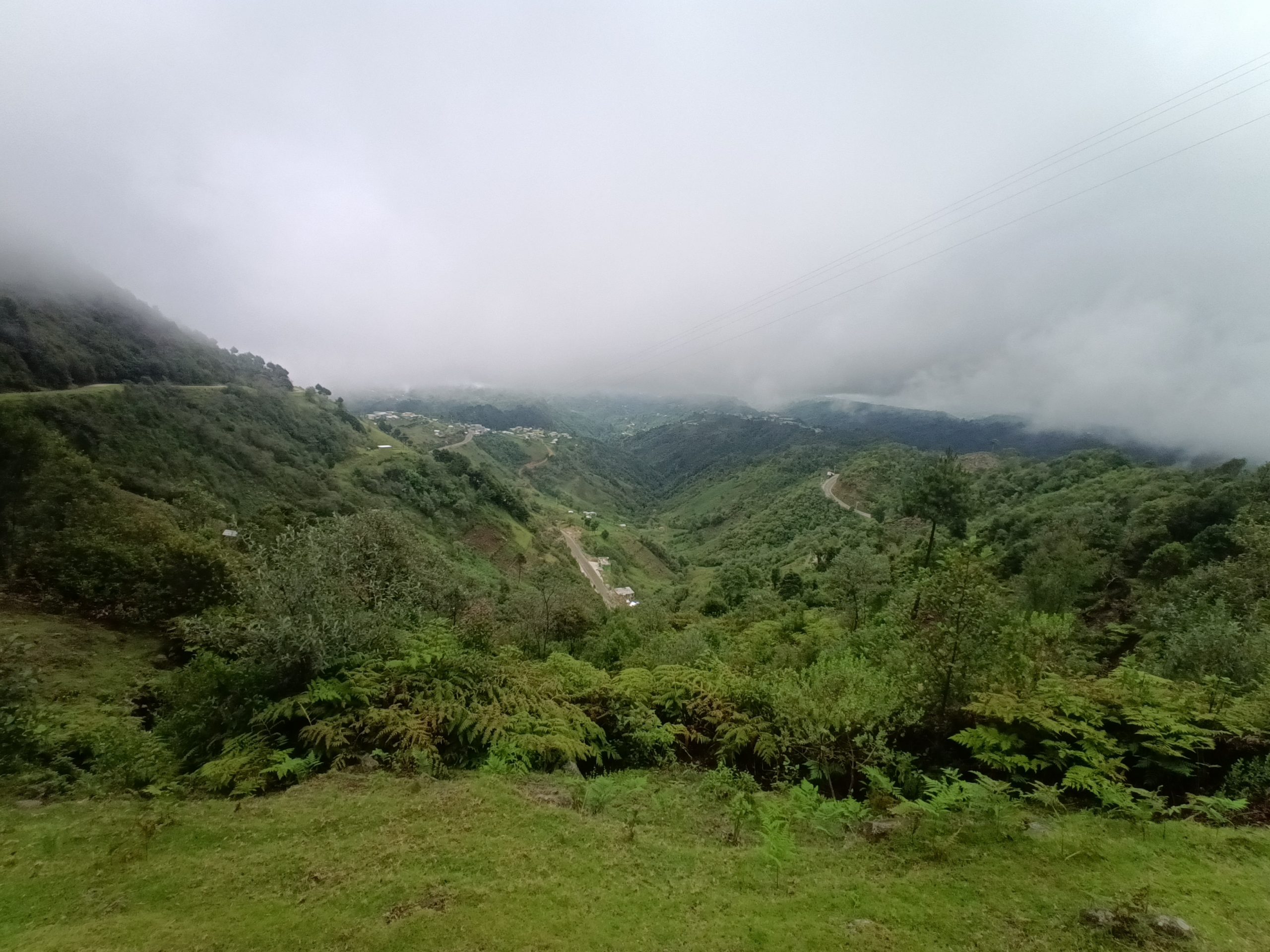 Altos de Chiapas Landscape, Mexico. PHOTO Luz Rodriguez
Altos de Chiapas Landscape, Mexico. PHOTO Luz Rodriguez
Restoring the Jovel Valley Basin's unique highland ecosystems and supporting indigenous communities in sustainable agroforestry

Protecting the floristic richness of the region

Engaging 200 local people in reforestation activities
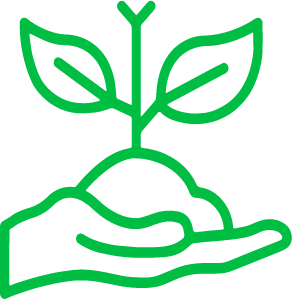
Restoring 1,000 hectares of forest with native tree species
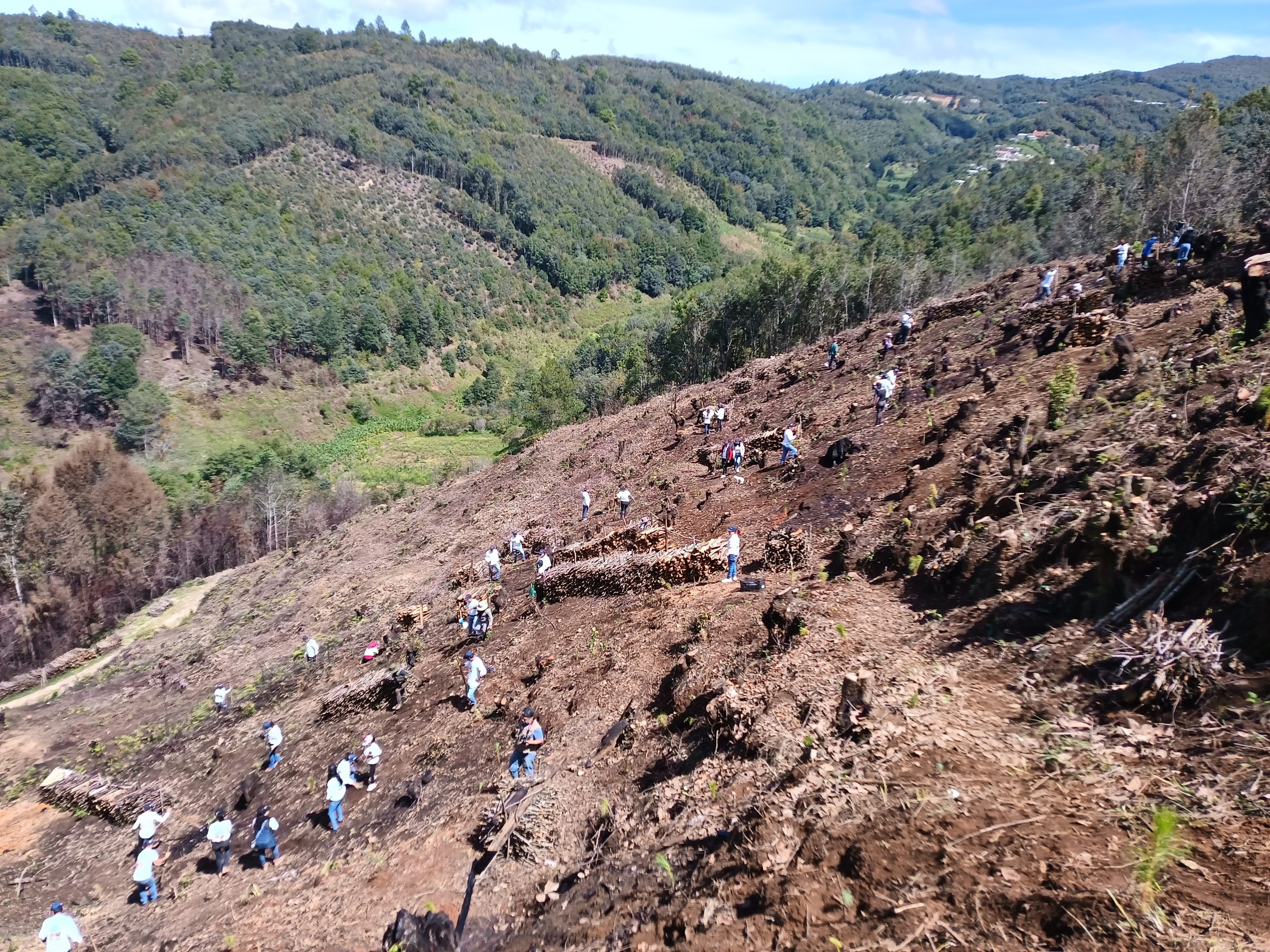
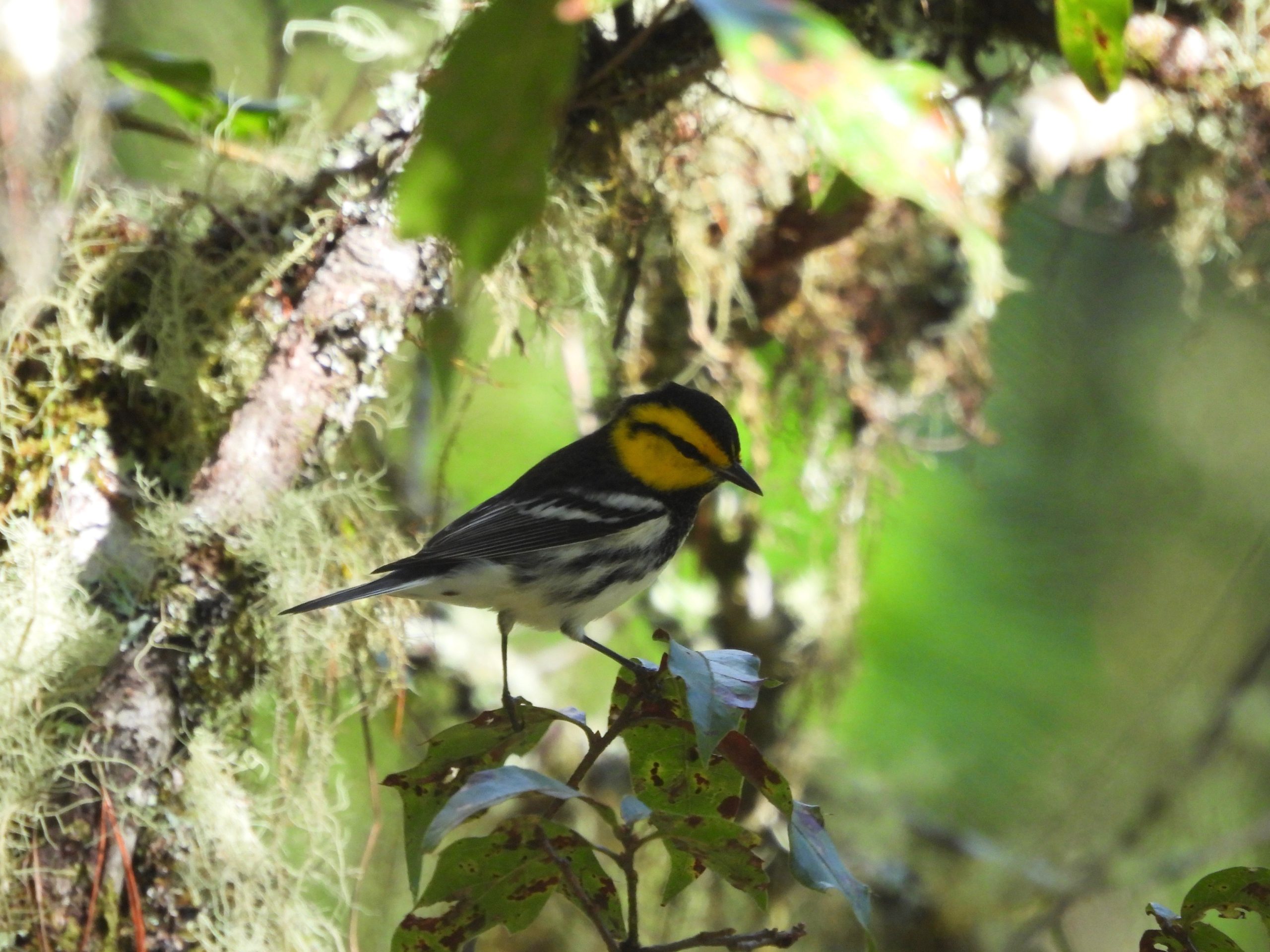
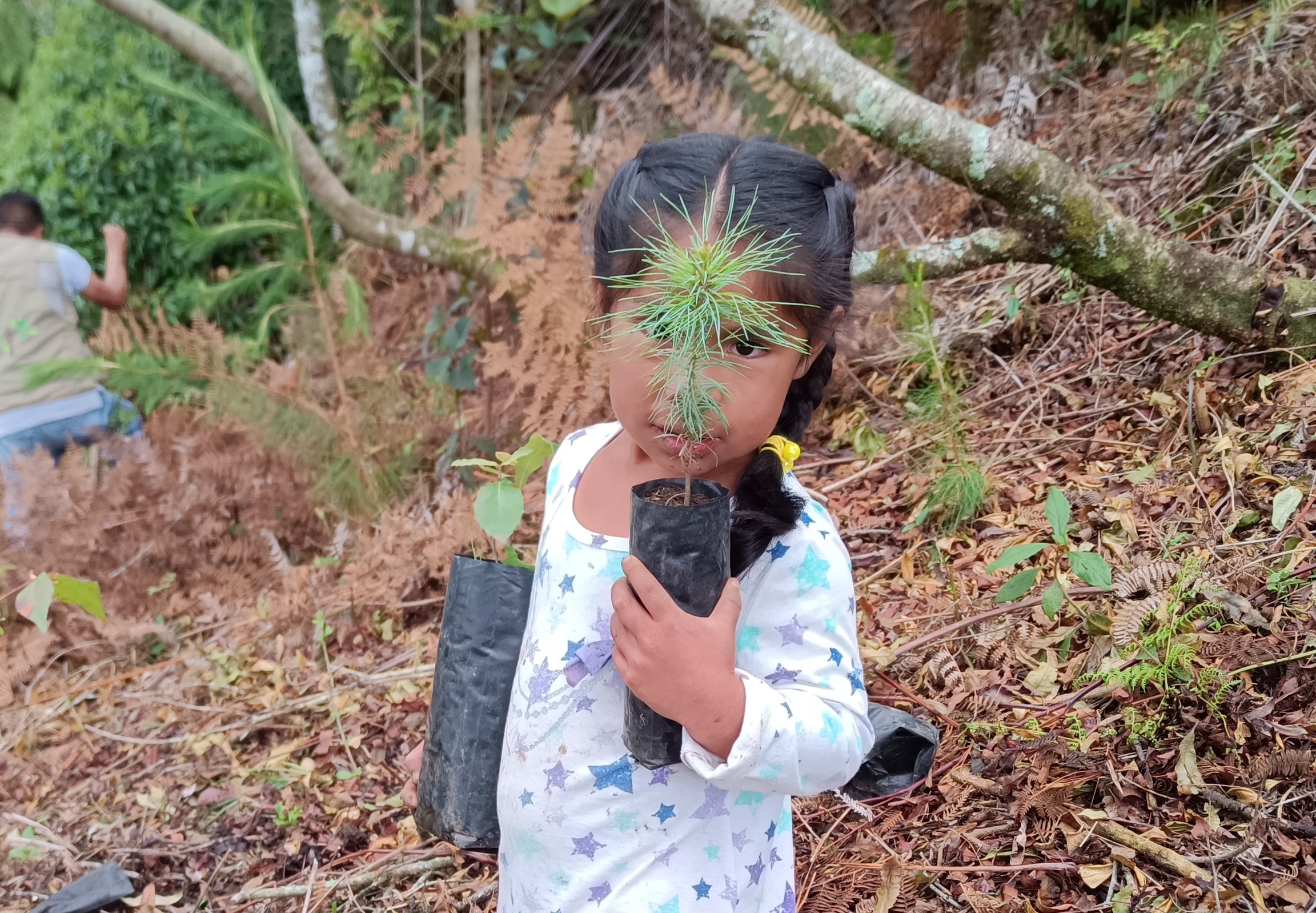


Help Trillion Trees restore the Jovel Valley Basin’s unique highland ecosystems, while supporting indigenous communities in cultivating sustainable agroforestry practices.
BirdLife International partner, Pronatura Sur, is bringing significant positive changes to the Jovel Valley Basin in the Highlands of Chiapas. By planting and nurturing over 200,000 native trees annually, they aim to restore 1,000 hectares of degraded land. This reforestation effort will help regenerate lost forests, improve water catchment, and revive habitats for threatened and endemic species, such as the Golden-cheeked Warbler and Chiapan Deer Mouse. Involving at least 200 community members annually, the project will directly benefit local populations by enhancing environmental services, such as clean drinking water, and fostering sustainable livelihoods.
The positive impact extends beyond environmental restoration and aims to build resilience against climate change by mitigating flooding and drought incidences. By restoring forests, we will stabilize the local ecosystem, which will improve biodiversity and water quality. The active participation of Indigenous communities and local stakeholders ensures that our efforts are sustainable and culturally inclusive, promoting long-term stewardship of the restored landscapes. This collaborative approach not only enhances the effectiveness of our reforestation activities but also empowers local communities, improving their socio-economic conditions and reinforcing their connection to the natural environment.
Restoring the Jovel Valley Basin involves a comprehensive, community-driven process. The project will propagate over 60,000 native tree and shrub species in local nurseries each year. These saplings are then planted by a diverse group of stakeholders, including Indigenous communities, private landowners, and local volunteers. By involving these groups, we ensure that the reforestation efforts are led and implemented by the local community, Reforestation activities are based on conservation priority assessments and participatory land-use planning processes. The planting of trees is strategically targeted to enhance water catchment areas, restore degraded lands, and protect biodiversity. Continuous monitoring and follow-up inspections are conducted to assess the survival and growth of planted trees.
The project also collaborates with local authorities and organizations like the Jovel Valley Watershed Committee to ensure sustainable management and long-term maintenance of the restored areas. This integrated approach not only revitalizes the environment but also empowers local communities by improving their livelihoods and fostering environmental stewardship.
The Jovel Valley Basin in the Highlands of Chiapas is a critical area due to its unique ecological and cultural significance. This region is home to over 300 plant species, including a diverse array of orchids and endemic bromeliads, as well as numerous threatened fauna. Rapid urbanization, illegal logging, and land-use changes have led to severe ecosystem degradation, impacting water resources and biodiversity. The Indigenous Mayan communities in the region face increased poverty and marginalization due to these environmental challenges. Restoring the Jovel Valley Basin not only helps protect these invaluable natural resources but also enhances water availability, mitigates climate change impacts, and improves the livelihoods of local communities.